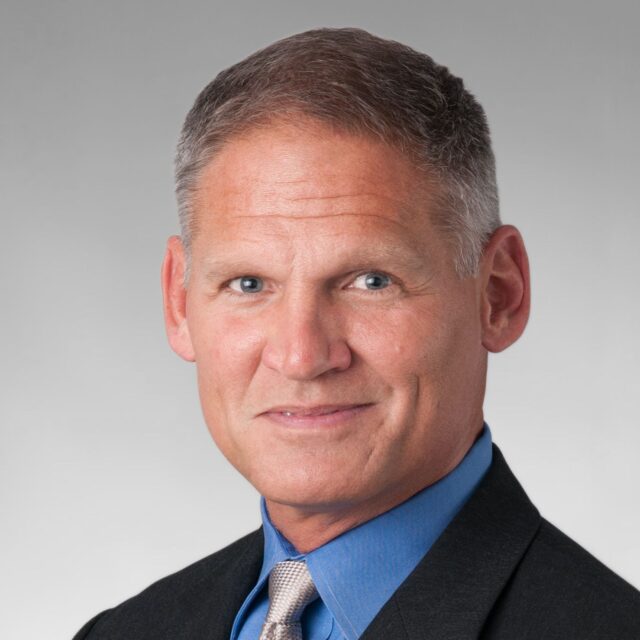
Facebook is no stranger to public pressure. Antitrust debates, election interference, and data impropriety are just some of the criticisms the company has been forced to weather in recent times.
More recently, the tech giant has been confronted for its hands-off approach to content regulation, arguing in most instances that they were not responsible for fact-checking or judging the validity of content on their platform. As Mark Zuckerberg repeatedly puts it, Facebook has no interest in being an “arbiter of truth.”
On June 30, major advertisers announced a boycott of advertising through Facebook – and a potentially drastic hit to the company’s robust ad revenue. Over a month later, how did it work?
Facebook, the Boycott, and Civil Rights
Facebook’s platform has 1.69 billion users worldwide. The company generates the vast majority of its revenue from some 8 million advertisers – 98.5 percent, or close to $69.7 billion, according to Statista. While initially defiant in the face of the growing boycott, Zuckerberg and leadership became more concerned when ad spend behemoths like Unilever, Coca-Cola, and Pfizer pulled their money as the list swelled to 1,118 advertisers.
The company maintains that it is actively working to remove harmful content between AI tools and human moderators. Facebook stated that “it had invested billions of dollars in technology and employees to sort through content, and that it had agreed to a civil rights audit,” said the New York Times, “along with “bann[ing] 250 white supremacist organizations from its core Facebook site and its photo-sharing site, Instagram,” among other actions.
Shortly after the boycott went into effect, CEO Mark Zuckerberg and COO Sheryl Sandberg began meeting “with civil rights groups… in an attempt to mollify them over how the social network treats hate speech on its site.” Representatives from groups like the Anti-Defamation League, the NAACP, Color of Change, and others “said they discussed about 10 demands with Facebook’s leaders on Tuesday to help prevent vitriol and hate from spreading on its site… [including] Facebook hiring a top executive with a civil rights background, submitting to regular independent audits and updating its community standards, according to a statement from the Free Press advocacy group, whose co-chief executive, Jessica J. González, was on the call.”
While Facebook execs “agreed to hire a civil rights position” at the vice president-level, other call attendees felt the company lacked concrete action plans or trotted out talking points from previous conversations. Shortly after, a long-in-the-works audit of Facebook’s track record on civil rights was released. Led by “former [ACLU] executive Laura Murphy,” the non-binding report found progress but also noted Facebook “[made] painful decisions over the last nine months with real world consequences that are serious setbacks for civil rights.”
One Month Later
After a month, early returns indicated minimal damage to Facebook’s pocketbook – due in part to the fact that over 70 percent of that revenue is from small businesses – and the return of some major advertisers to the fold. The Wall Street Journal reported Zuckerberg told investors on an end-of-quarter earnings call that “ad revenue in the first three weeks of July, when the boycott was in effect, increased at roughly the same 10% year-over-year rate as it did in the second quarter.” Soon thereafter, the North Face and Heineken were among the companies to announce they would advertise with Facebook again, though others (including “packaged-goods marketer J.M. Smucker Co., spirits maker Beam Suntory Inc., retailer Eddie Bauer LLC, business-software company SAP SE and Boston Beer Co.”) decided to extend the boycott longer based on their belief that Facebook had not done enough.
Some organizers believe that there is more to do while pointing out some successes. Jonathan Greenblatt, chief executive of the Anti-Defamation League, noted how the action forced some concessions from Facebook – and that the company has “shown a willingness” to make some of the “reasonable changes that society wants.” Other companies expressed displeasure with Facebook policies, but “can’t afford not to be on Facebook in some capacity—because their business models say they need to be on Facebook or because their audience is already there,” an ad buyer told the Wall Street Journal.
Ultimately, Facebook seems reticent to make large-scale changes without legislative action. It may be coming – lawmakers on both sides of the aisle have been increasingly more interested in putting Big Tech under a microscope while acknowledging their vast societal influence, including the most recent Congressional hearings for Zuckerberg, Apple’s Tim Cook, and others. But until legislation comes, Facebook seems content to operate as business as usual – tinkering behind the scenes to improve its automated content removal processes, while avoiding an active stance on certain kinds of content removal.







